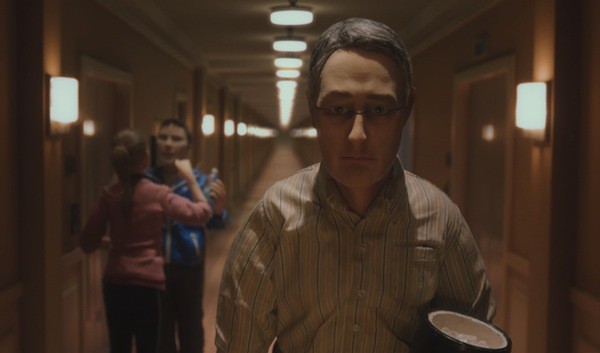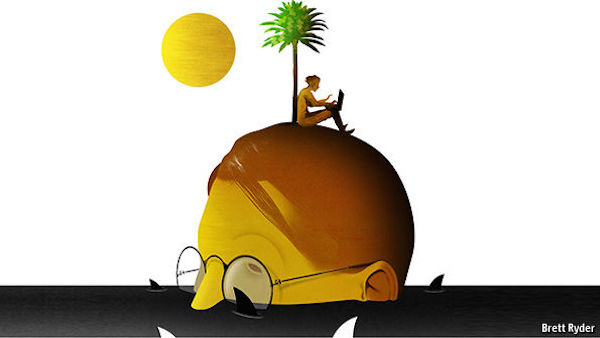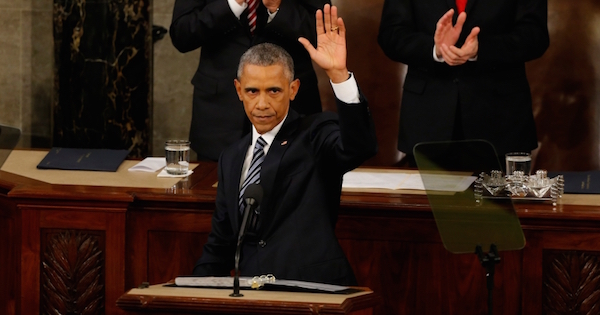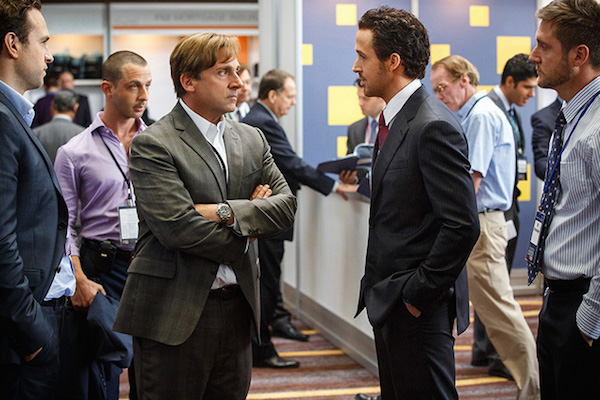Review: Anomalisa – When have you felt the most lonely or disconnected?

Hotel hallways: the loneliest places in the universe.
We’re not supposed to like Michael Stone in Anomalisa. This beautiful stop-motion film, from the byzantine mind of Charlie Kaufman, might impress us with its craft, might make us laugh at its absurdity, but it doesn’t want us to root for its main character Michael. Michael may be at the center of the film, but he is also its villain. It’s a cautionary tale.
The film deals with loneliness, that feeling that sometimes creeps in that we’re somehow apart from and different than everyone else, that we’re tortured and misunderstood and experiencing some special sort of malaise that’s specific to us while everyone else goes on happily living.
Anomalisa confronts us with this phenomenon of both self-absorbtion and self-doubt at once, captures the emptiness it leaves in our hearts by creating a beautiful visual metaphor of Michael’s worldview in which everyone looks and sounds like the same bland person. His perspective shows us at our worst. And yet he gives a lovely speech (as a renowned expert in customer service) about striving to see each person’s individuality, their complexity, their personal pains and failings, that maybe Michael can’t quite live up to himself but must in his heart believe to be true. His speech, even if he can’t practice what he preaches, represents us at our best. Kaufman knows this, and shows us his anxiety of falling on the wrong side of the divide.



